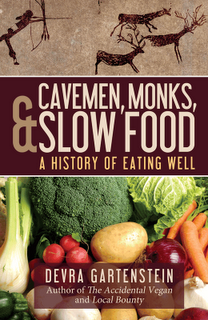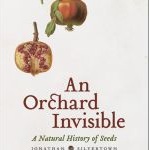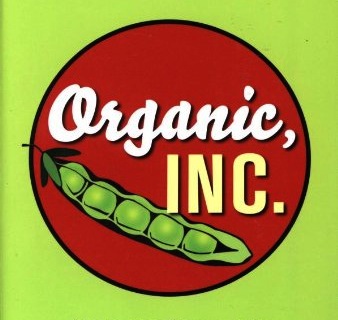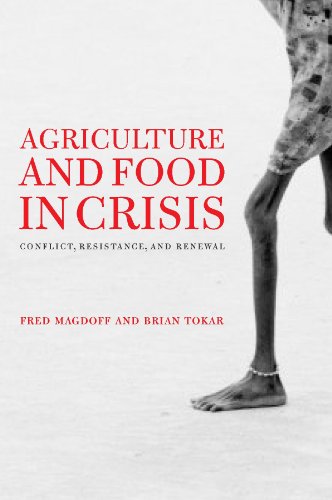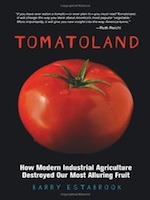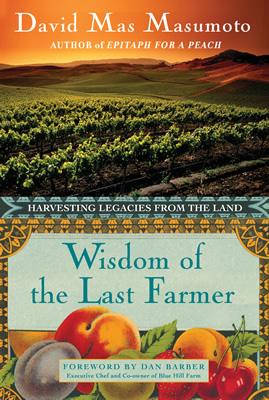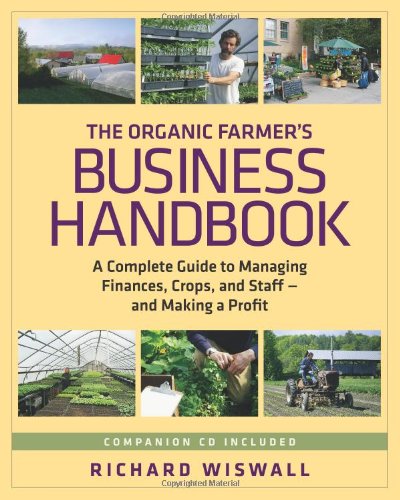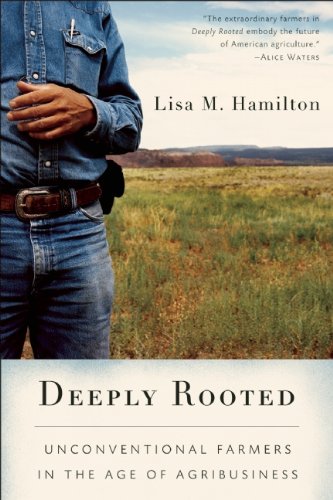Cavemen, Monks, and Slow Food: A History of Eating Well by Devra Gartenstein
This is a transitional time and we need transitional food. The Slow Food movement, the locavore movement, and other “food movements” can be “all or nothing” approaches. That way of thinking is standing in the way of getting people to eat better. I would love to see everybody eat fresh, local, and organic food, but until we get there, I would just like to see more people eat more lentils and fewer people eat industrial meat. The lentils don’t have to be organic, just not part of the industrial food system.

